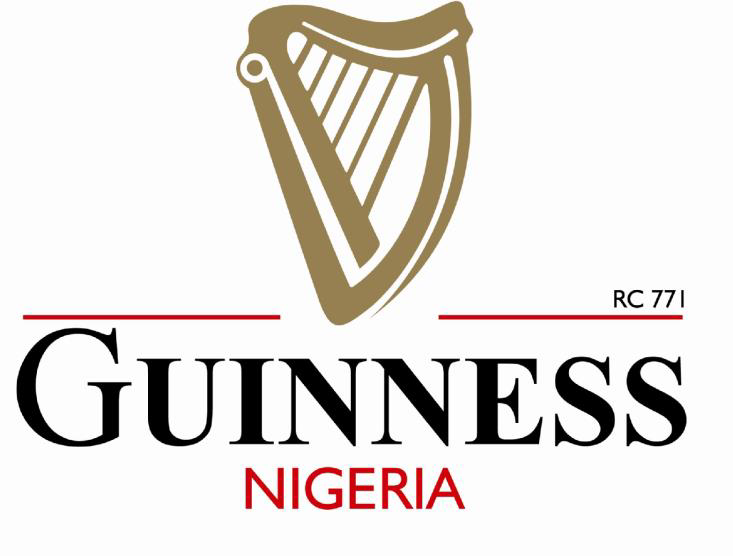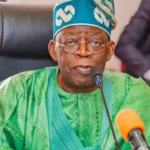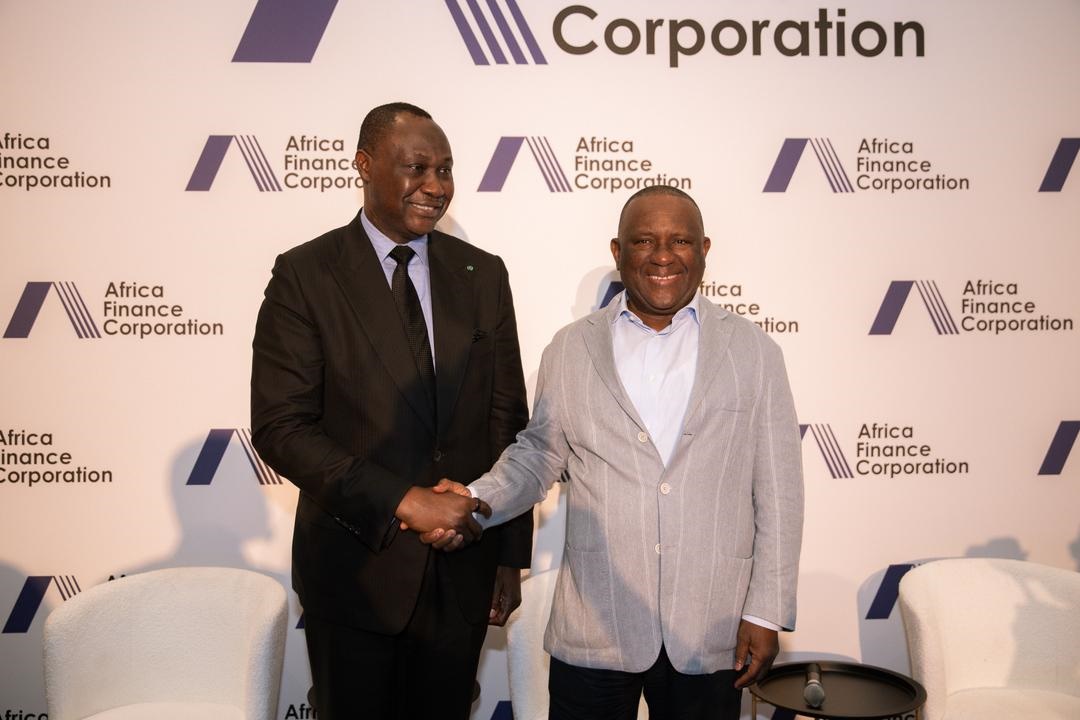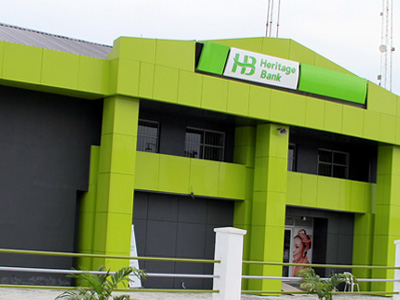
As anticipated by INVESTDATA Research, the board of Guinness Nigeria Plc, on Tuesday morning presented its audited financials for the year ended June 30, 2017, indicating a return to profit by the company currently seeking fresh capital by way of rights issue to existing shareholders as a way of enhancing its operating capital amidst the challenging environment and increasing competition for share in the malt, beer and spirit market.
The directors nonetheless proposed a dividend of N964m or 64 kobo; as against prior full-year’s N753m or 50 kobo paid from its reserves. Earnings per share for the period stood at 128 kobo, compared to previous year’s 134 kobo loss.
According to the result, sales revenue for the period rose by 23% from N101.973bn to N125.919bn; out of which N119.42bn was recorded within the domestic environment, while N6.499bn was from export. Cost of sales was up from N60.162bn to N77.604bn; resulting in gross profit of N48.315bn, as against the prior year’s N41.81bn.
Other income rose from N539.362m to N847.333m, helped by the N285.615m from operating lease income, which dropped from previous N350.453m; followed by the N364.943m jump from gains on disposal of property, plant and equipment, representing a N326.098m or 839.48% improvement over the N38.845m reported in prior year; while income from sale of by-products rose to N196.778m, up from N150.068m. Marketing and distribution expenses grew from N24.886bn to N25.286bn with distribution expenses accounting for N15.089bn, a drop from previous N16.478bn; just as marketing expenses climbed from N8.407bn, up from N10.196bn. Administrative expenses was flat at N13.689bn, compared to N13.047bn in the corresponding period of 2016; leaving operating profit at N10.186bn which was 131% better than N4.415bn in prior year.
Finance income improved to N2.253bn from N1.185bn, due from the N485.409 interest income from financial assets, which dropped from N644.505m; while gain on re-measurement of foreign currency balances jumped from N540.636m to N1.767bn. Total interest expense arising from financial liabilities rose to N6.658bn from N4.472bn, boosted by the N3.619bn, up from N3.12bn; and interest expense on overdraft climbed to N1.045bn from N875.708m. Unwinding of discount on employee benefits dropped to N134.562m from N287.763m; just as “interest expense on intercompany overdue debts and others” soared from N188.418m in 2016 to N1.858bn. There was also the N3.119bn loss on re-measurement of foreign currency balances, a drop from the prior year’s N3.476bn.
Finance costs climbed to N9.777bn from N7.948bn, result in a net finance cost of N7.524bn, up from N6.762bn, with unrealized foreign exchange loss dropping from N3.078bn from N1.814bn.
In all Guinness Nigeria reported total cost of sales, marketing, distribution and administrative expenses rose to N116.58bn from N98.096bn, the lion’s share of N53.439bn or 45.83% was spent on raw materials and consumables, from previous year’s N37.371bn or 38.09%. It was followed by the freight costs that dropped to N13.022bn to N15.282bn; while advertising and promotion cost rose from N8.407bn to N11.557bn; and personnel expenses fell from N12.32bn to N11.545.
Profit before tax was N2.662bn, as against N2.347bn loss; while tax expense was N738.361m, as against the previous credit of N331.355m, as profit after tax for the year jumped 195% from the loss of N2.015bn recorded in 2016 to N1.923bn. Total comprehensive income was N1.888bn, up from the loss of N1.843bn, representing a 202% growth. The company also reported restructuring cost of N1.03bn, being termination benefits included in personnel expenses, 49% down from N2.025bn.
The company put its $71.8m about N21.9bn, using the spot rate obtained from the Inter-Bank Foreign Exchange Market (IFEM) as at that date outstanding balance of its loan from Diageo Finance Plc, a sister company owned by Diageo Overseas Limited (the majority shareholder of Guinness Nigeria), some of which it agreed to use for taking up its rights in full, using the forex rate at which the loan was received into Nigeria.















